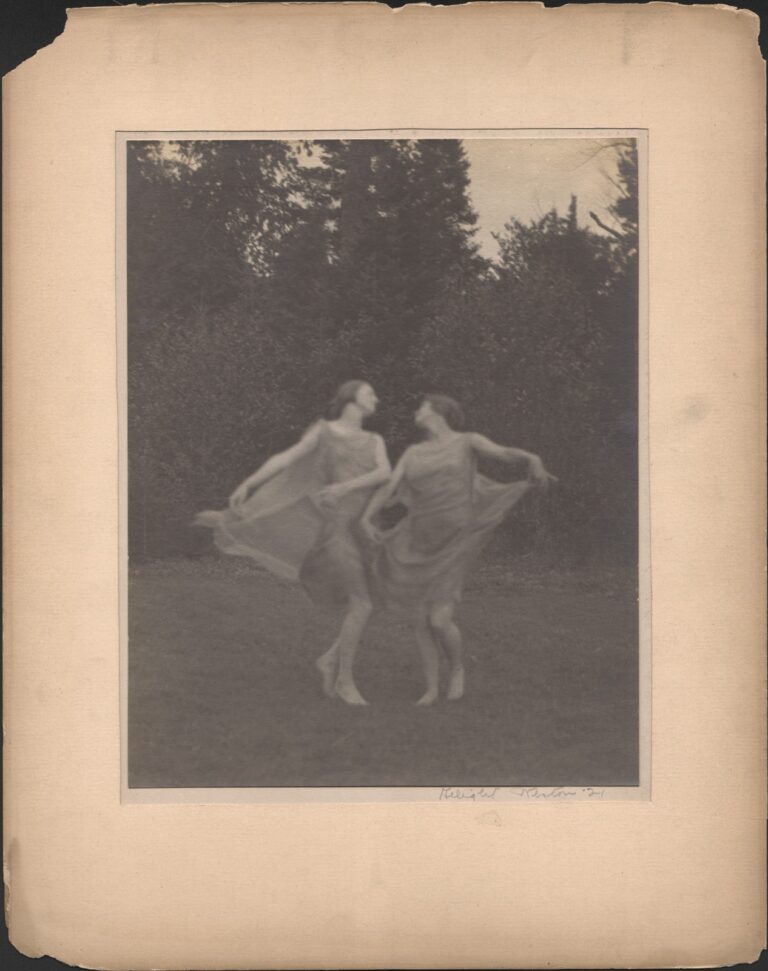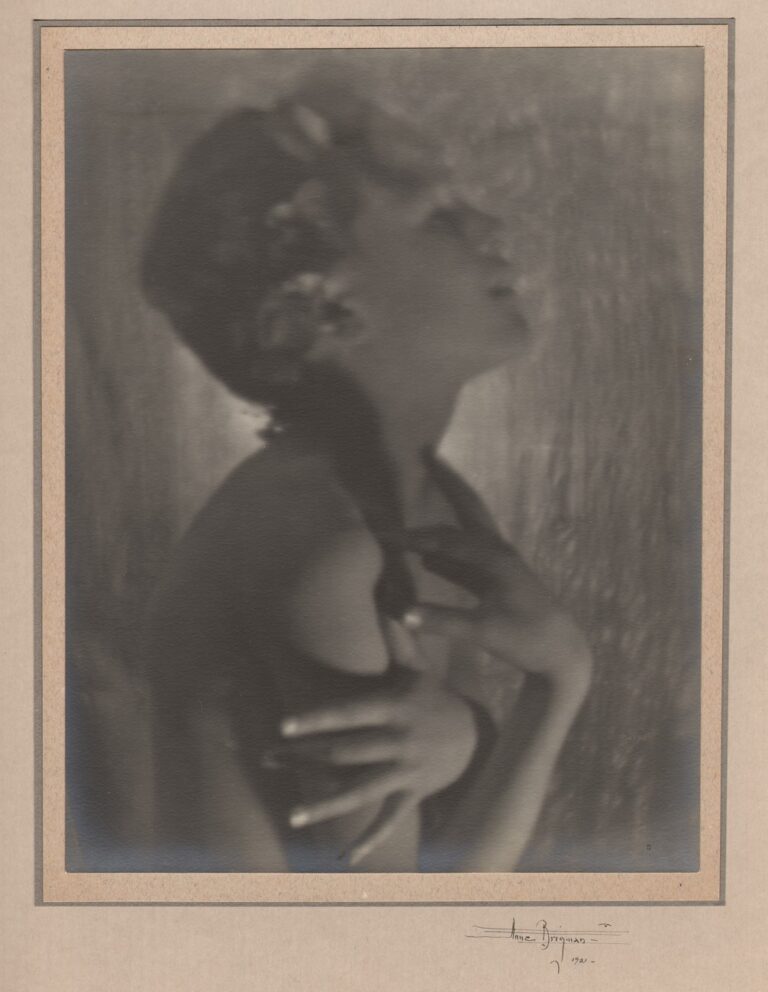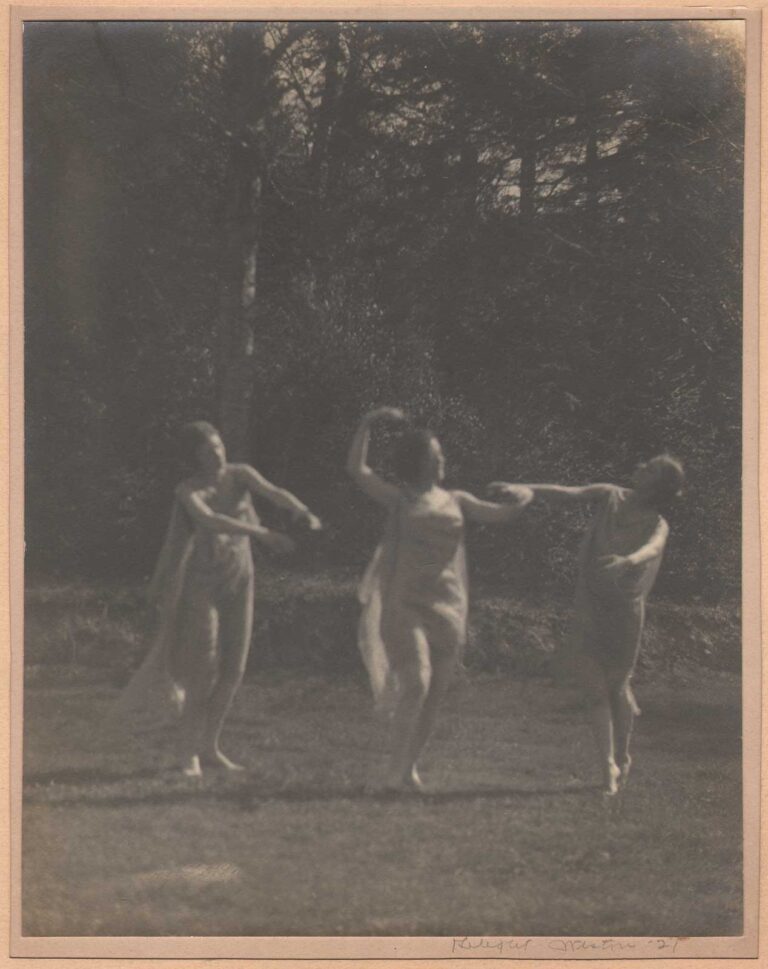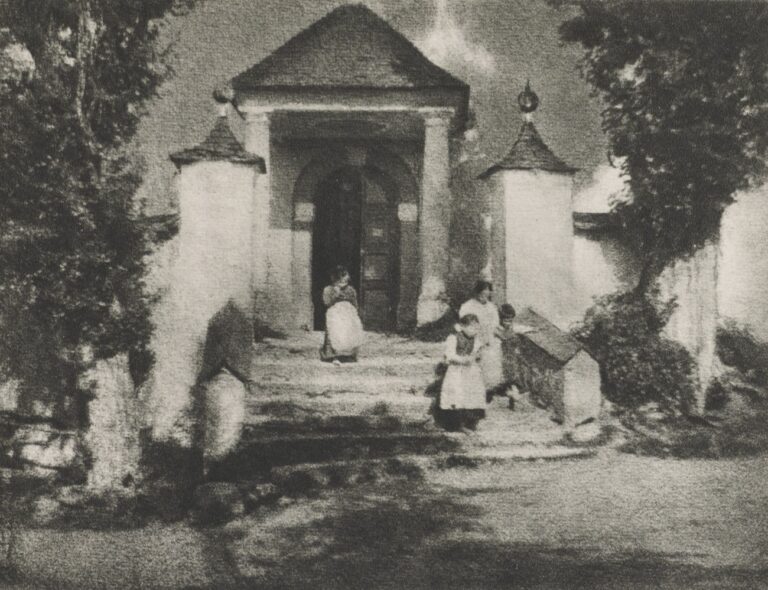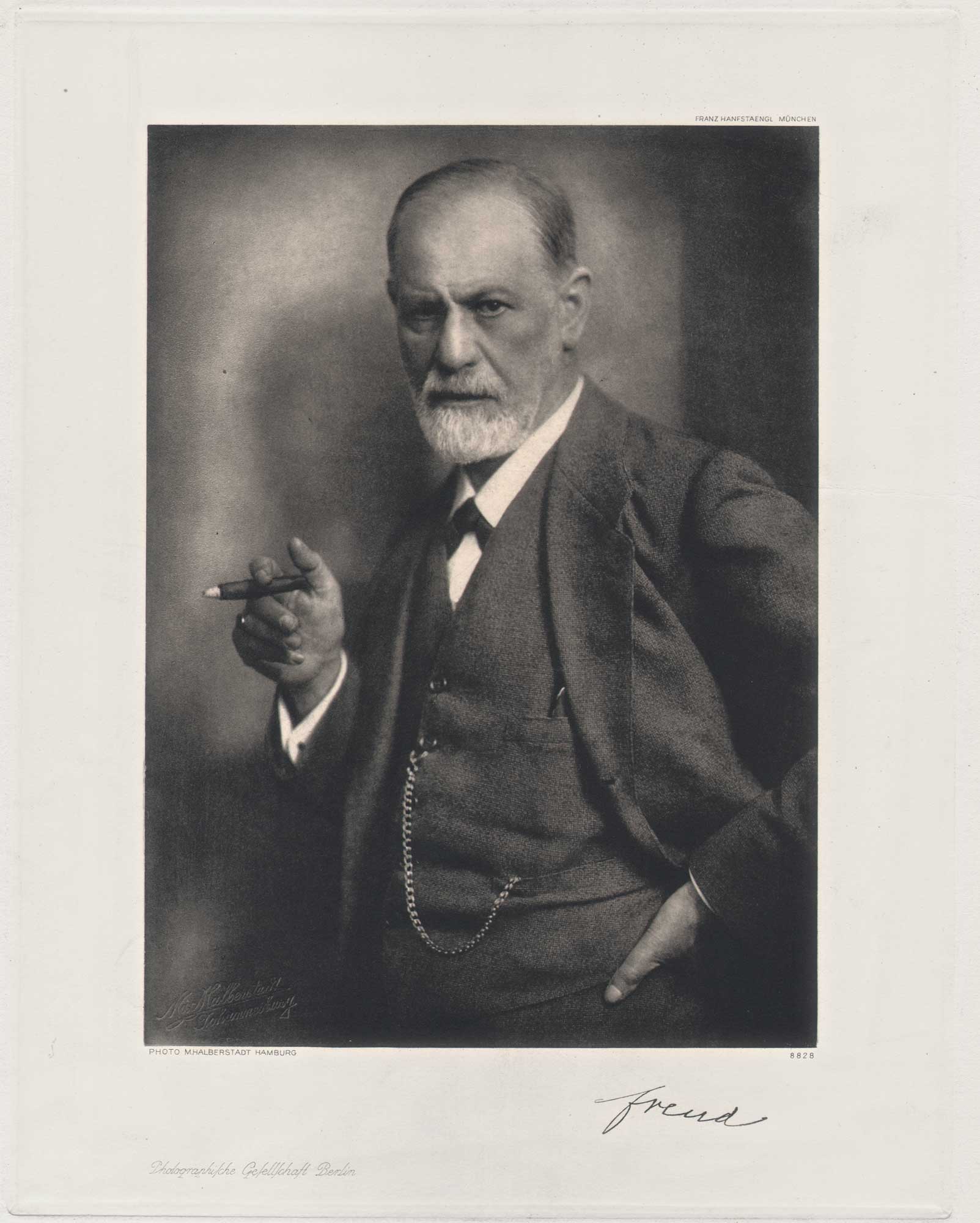
Sigmund Freud
This iconic portrait of Sigmund Freud holding a cigar was taken by his son-in-law Max Halberstadt around 1921. Freud was the founder of psychoanalysis and is considered one of the most influential thinkers of the 20th century. Additionally, he was an Austrian physician, neurophysiologist, depth psychologist, cultural theorist, and critic of religion. His theories and therapeutic methods are still used, discussed, and criticized today.
This particular photogravure was most likely printed ca. 1936-1945 as the artist’s Max Halberstadt Johannesburg signature is further reproduced within the print at lower left.
Max Halberstadt: 1882-1940
Halberstadt was a German portrait photographer in Hamburg. He is particularly well known for his numerous photographs of Sigmund Freud , whose daughter Sophie was his first wife.
Max Halberstadt was born in Hamburg in 1882 as the son of the Jewish master butcher Wolf Seew Halberstadt and Mathilde Wolff. After the death of his father in 1888, the family moved to Wandsbek . He attended secondary school there. After graduating at Easter 1899 at the Oberrealschule in front of the Holstentor, he completed an apprenticeship in the studio of the Hamburg photographer Rudolf Dührkoop and then worked in studios in Leipzig , Munich , Basel and Paris . He married Sophie Freud in January 1913. The marriage produced two sons, Ernst Wolfgang and Heinz. Sophie died of the Spanish flu in 1920 at the age of 26. In 1923, Halberstadt married Berta Katzenstein.
On October 1, 1907, he opened a “studio for artistic photography” at Bleichenbrücke 1/ Neuer Wall in downtown Hamburg. Before that, he had lived in Paris (for three or four years). In 1909, he completed his master’s examination in photography and opened a new studio at Neuenwall 54 in 1912. On December 8, 1915, he became a soldier in the First World War . After being wounded and spending time in a hospital, he was discharged from military service in November 1918.
His pictures of children, Hamburg artists, members of the Jewish community and life in Hamburg during the Weimar Republic received great recognition.
He was a founding member of the Society of German Photographers and an expert on photographic techniques.
From 1933 onwards , the professional and employment opportunities for Jewish citizens like Halberstadt were continually restricted following the Nazi seizure of power . In 1936 he sold his studio and the record archive and emigrated to South Africa almost penniless . The effort of starting over took its toll on Halberstadt’s health. He died at the age of just 58 and was buried in Johannesburg.
The rediscovery of Max Halberstadt is thanks to his daughter, who turned to the exiled researcher Wilfried Weinke in 1999. -Wikipedia (2025)
